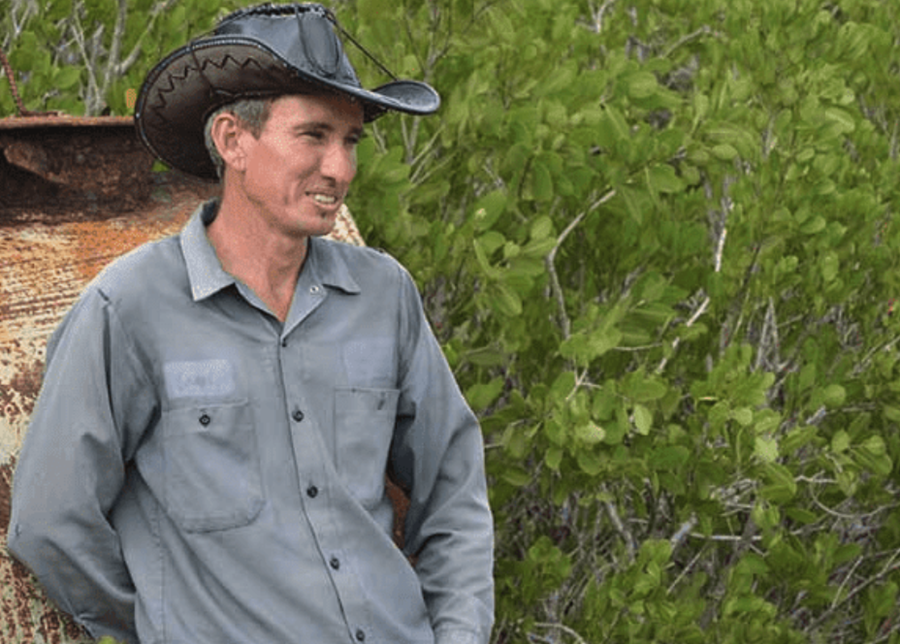To promote a peaceful transition to a Cuba that respects human rights
and political and economic freedoms

Why Cuban baseball players defect. What happens to Cubans who stay behind and try to live their lives with dignity. Holding the Castro regime and their enablers accountable
In the year 2000 PBS broadcast the documentary "Stealing Home: The case of contemporary baseball" . It was produced and directed by by Robert Anderson Clift and Salomé Aguilera Skvirsky and attempted to give the Cuban government the benefit of the doubt in the debate over defectors. The Economist in the June 8, 2018 article "Why athletes vanish: Sportsmen frequently use international competitions as opportunities to leave their home countries for good" reported that " athletes have long used competitions as an opportunity to escape war, poverty or repressive dictatorships." In the same article they pointed out that "countries including Cuba and North Korea have been known to keep their athletes under surveillance to avoid losing entire teams." When athletes are spied on by their governments to prevent them escaping then one should understand that they are living under a dictatorship, and they are not free. Cuba in 2021 is not a free country and that is why "César Prieto, a 22-year-old infielder, [defected from] the Cuban National Baseball Team while it was in Florida, participating in an Olympic qualifying tournament", according to USA Today.

César Prieto walking off the field.
The question too often left unasked is "what happens to those Cubans who stay behind and try to live as free persons?"
The human rights NGO Race and Equality reports that "Yandier Garcia Labrada was detained on October 6, 2020, after protesting against problems with the distribution of food in Manatí, Las Tunas. After being detained, he was held incommunicado for approximately a month, during which time he suffered beatings at the hands of security forces which left him with an immobilized arm. He has still not received any medical attention, despite this injury and his severe asthma." Yandier Garcia Labrada, who is a member of the Christian Liberation Movement, a nonviolent dissident movement, continues to be jailed in “El Típico” prison for nearly eight months without any charges presented against him.

Yandier Garcia Labrada
Professor Lillian Guerra, a historian at the University of Florida who specializes in Cuban and Caribbean history, in an OpEd published in The New York Times titled "The Return of Cuba’s Security State" [ The Times chooses the title to run with, and for the record the Security State never left after the Castro brothers imposed it at gunpoint in 1959] wrote:
"A Castro is no longer running Cuba, yet we are witnessing a return to Soviet-style tactics to control ideas and silence public criticism. Cuban officials are using the regime’s old playbook — arrests and intimidation — to crush oppositional voices. Between the late 1960s and the 1980s, Cubans were subject to legal codes that criminalized attitudes, beliefs and behaviors the government considered a threat to national sovereignty. Embracing certain ideas, musical tastes and even fashion that Cuban officials found politically offensive were punishable offenses."
The repression did not end in the 1990s or 2000s but has continued to the present day. On July 13, 1994 a tugboat with over seventy Cubans was sunk by regime officials killing 37 men, women, and children. On February 24, 1996 the Castro regime carried out a conspiracy that led to the shoot down of two civilian airplanes over international airspace killing four U.S. residents. In Spring of 2003 the Castro regime organized a massive crackdown on the opposition in which 75 nonviolent activists were sentenced to prison sentences ranging up to 28 years in jail. During that same time three young black men were caught after they hijacked a boat that ran out of gas, and although no one was hurt, much less killed they were captured, tried and executed in under 10 days. Worse yet, Cuban artists were required to sign a letter supporting the measure.

Although agree with much of what Professor Guerra says in her OpEd and the plight of Luis Manuel Otero Alcántara’and the San Isidro Movement. I take issue with the idea that lifting sanctions will improve the situation. During the Obama Administration sanctions were loosened, and opposition leaders were killed, violence escalated against the opposition, and arbitrary detentions skyrocketed and over 24 U.S. diplomats suffered brain injuries in Havana beginning in 2016. The case of Communist China and the U.S. policy of engagement that did not normalize China, but led to the United States, and U.S. citizens engaging in abnormal behaviors to rationalize Chinese repression.
Let us not repeat the same mistake again in Cuba, but rather hold the Castro regime accountable for its human rights violations, and that includes property rights. This includes going after those who profit from stolen properties with the Cuban dictatorship. Title III of the Helms Burton law allows " Americans to pursue legal action against companies doing business in Cuba on property confiscated by the regime of Fidel Castro." The Wall Street Journal reported on March 26, 2021 that "LafargeHolcim Ltd. , a Swiss cement giant, has agreed in principle to settle a lawsuit brought by a group of 25 U.S. nationals who claimed the company used their Cuban property to conduct business, according to court documents." Economic sanctions and the defense of the rule of law are also nonviolent tools that bring accountability to the regime. We should follow the wise counsel of the ancient Roman philosopher Marcus Tullius Cicero who understood that "the greatest incitement to guilt is the hope of sinning with impunity." It is not coincidence that the greatest crimes of the Castro regime occurred when they were not being held accountable by international actors.
One final minor, but important point, a Castro is not formally running in Cuba, but the Castro clan led by Raul Castro continues to run Cuba today.



No comments:
Post a Comment